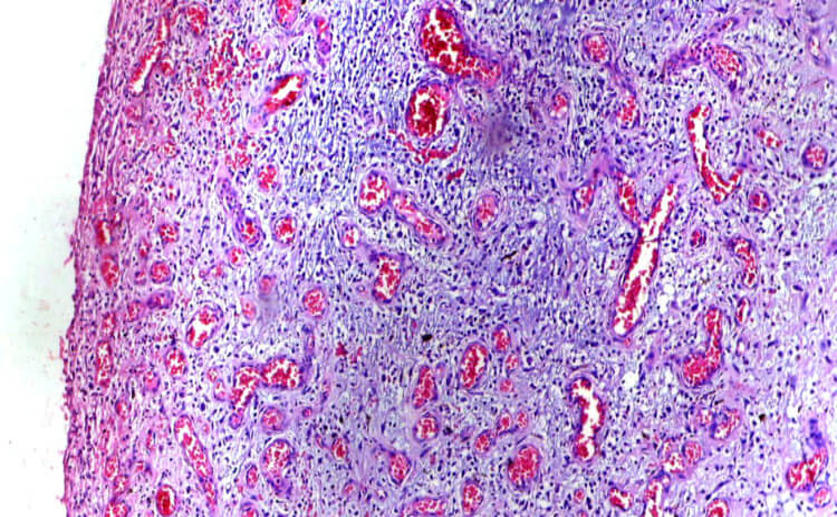
This archived news article is over 5 years old.
Researchers Successfully Treat Chronic Inflammation While Preserving the Immune System
David Jennings
18th August, 2016


David Jennings
18th August, 2016
